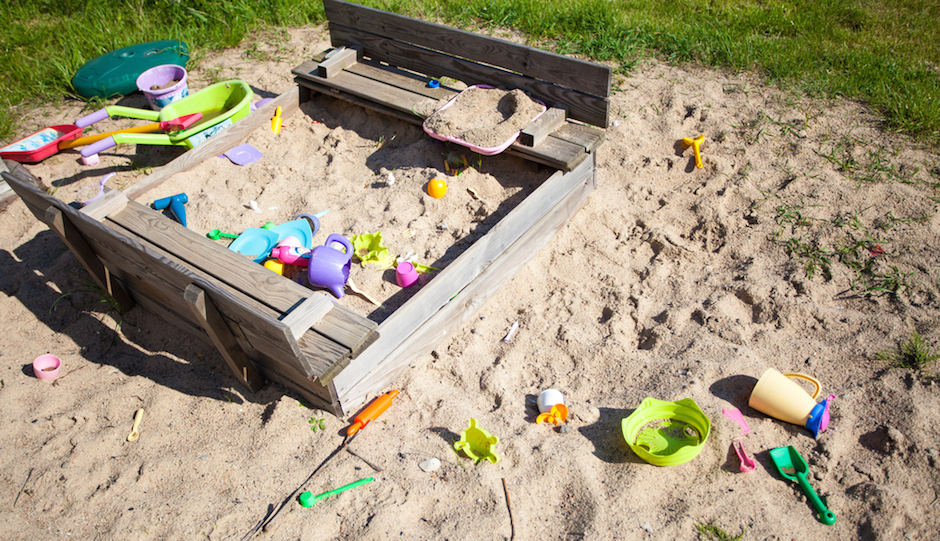We’re Not Criminalizing Parents. We’re Criminalizing Poverty.

Where are the adults?
On Sunday morning, I stopped into a Center City fast-food joint; I’ll not name it for reasons that may soon become clear. I took my breakfast sandwich to a table, not far from where a little girl, probably around 5 or 6, was playing with her dolls.
She was alone.
A group of middle-aged men sitting nearby noticed her as well. “Sweetie, are you here by yourself?” one of them asked. She gave them a wide-eyed blank look, but said nothing. He looked around, stymied for a second. Then: “Where’s your mommy? Is she working here?”
The little girl paused, then nodded slowly. “Okay,” the man said, ready to let the matter go and apparently pleased to not to have started his day with a report to child protective services.
It was a fraught, awkward moment — none of us wants to be the SEPTA passengers who let the “heroin nod” mother walk, but neither do most of us like to interfere in another person’s parenting. Finding the right balance can be tricky.
We are, however, in a moment of talking about that balance. A furor was stirred last week when it was reported that Debra Harrell, an employee at a McDonald’s restaurant in South Carolina, had been arrested for letting her 9-year-old daughter play in a nearby park while she worked her shift. Authorities said Harrell had “abandoned” her daughter and tossed her in jail. And round the nation, pundits began beating their breasts about the “criminalization of parenting.”
“She let her daughter play at the park for several hours at a time — like we did as kids,” wrote Lenore Skenazy, sounding a theme that’s been repeated ad nauseam the last week or so. We were independent kids, the trope goes. Why can’t we do the same for our our children?
Which might be a good argument to have, but it completely misidentifies the problem. It’s not parenting that we’re criminalizing. It’s poverty. And of course, that’s a very old story.
See, the problem with Harrell, and my Center City mom, isn’t just that they made unconventional choices regarding their child’s free hours. They (and lots of parents like them) made — and continue to make — those choices because, well, they can’t afford any other choice.
Take Harrell. According to accounts of her story, she couldn’t afford child care for her daughter while working at McDonald’s. (Which, duh.) She’d let the girl stay in the restaurant with a computer to keep her occupied, but when the electronics were stolen, she decided to let her daughter get fresh air instead. Neither option was ideal, but what are you going to do?
Here is where we are as a society: We want — not unreasonably — to see people earn their pay instead of rely on government. That’s the logic of our welfare system.
But it’s also true that the jobs increasingly filled by adults don’t pay well enough to survive. And it’s also true that those low-paying jobs have increasingly turbulent schedules — the kind that leave workers “on call” for unpaid hours and unable to pick up a second job in order to supplement the income.
All of this is great for consumers, who get low-cost meals and goods out of the deal, and for corporations, which maximize their profits by keeping labor costs low. But it leaves too many poor parents at the mercy of a society that might decide they’ve endangered their children by trying to keep those children clothed and fed. That’s obscene.
We need to figure out how we’re going to provide affordable child care options to the working poor. We need to demand workers be given some shielding against the scheduling whims of their employers. We also need to let kids play outside, without an adult, for a couple of hours.
Despite what you hear these days the last problem is not as pressing as the first two. Pundits have, with some exceptions, ignored the poverty angle — probably because “criminalizing parents” lets them beat up the government, while our response to “criminalizing poverty” might require a tax increase in response. But poor working parents need our help. Let’s not send them to jail because of it.
Follow @joelmmathis on Twitter.


